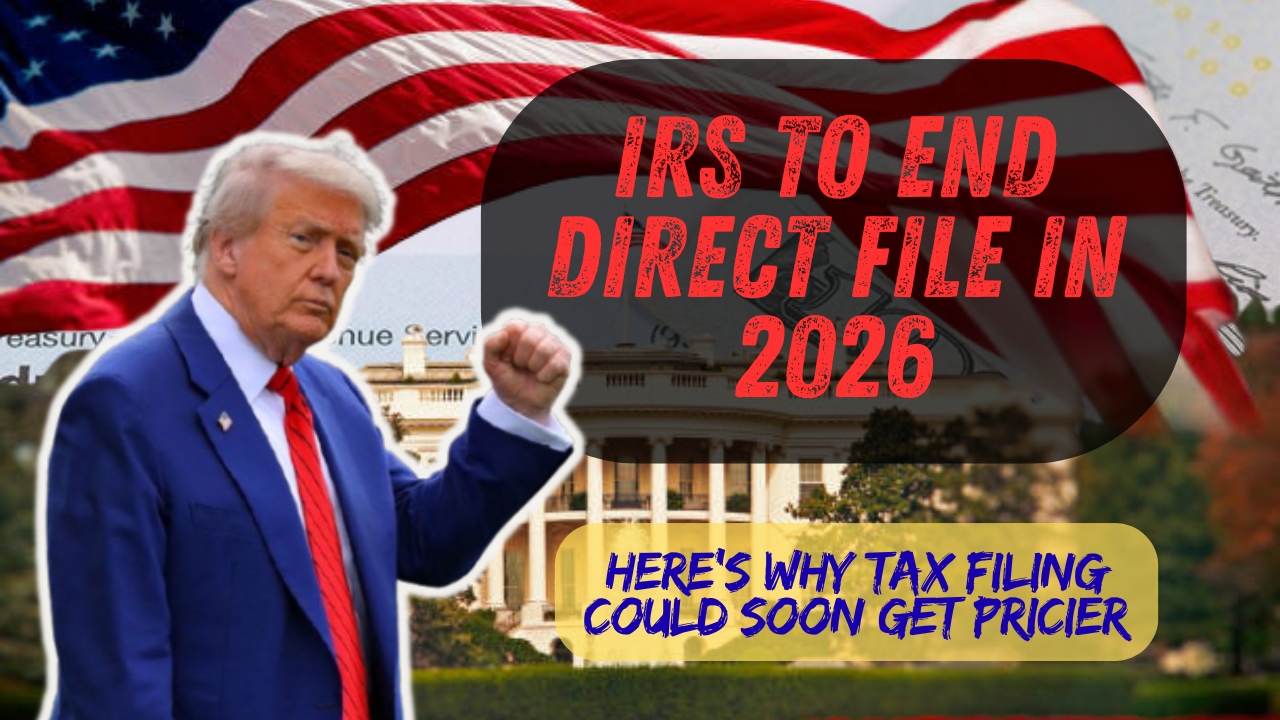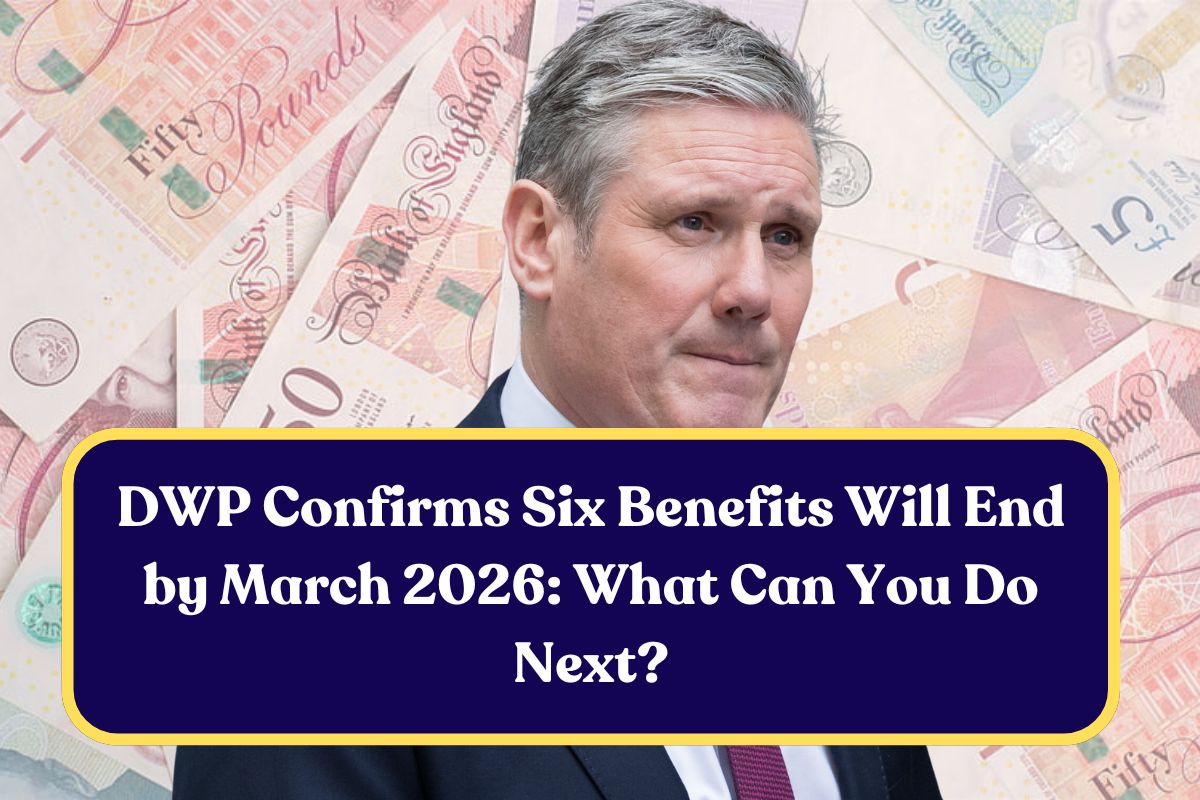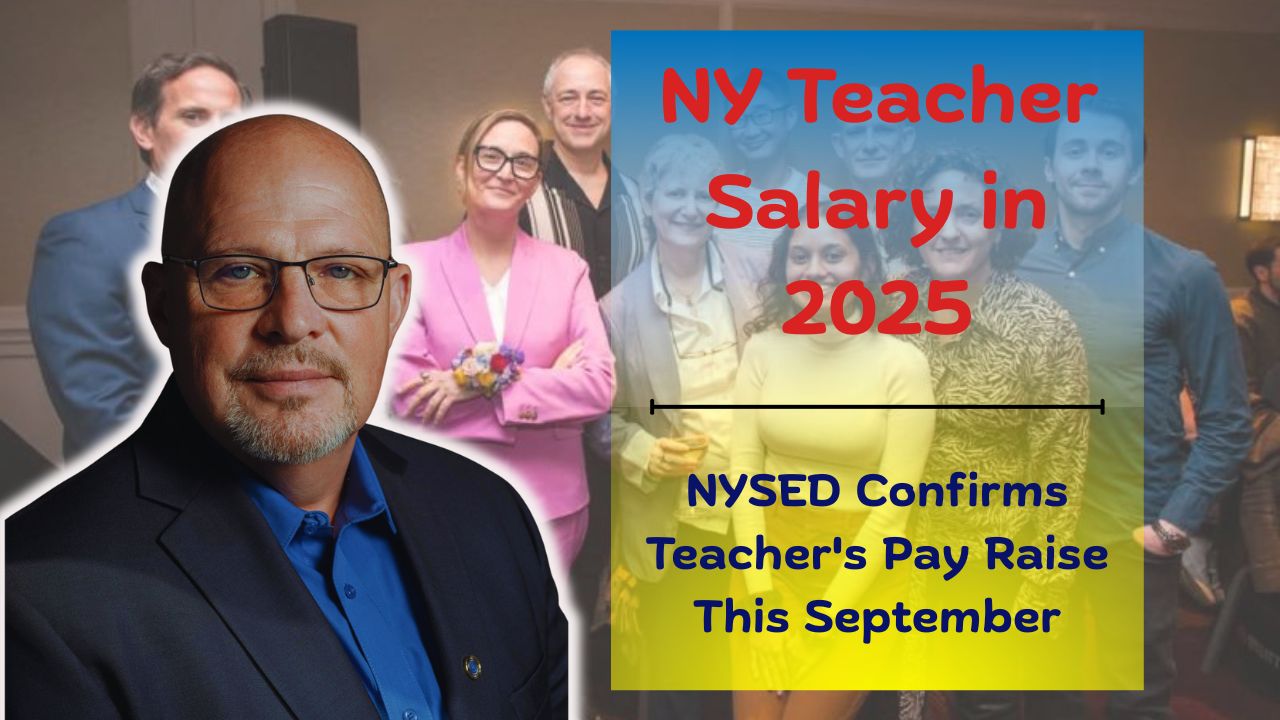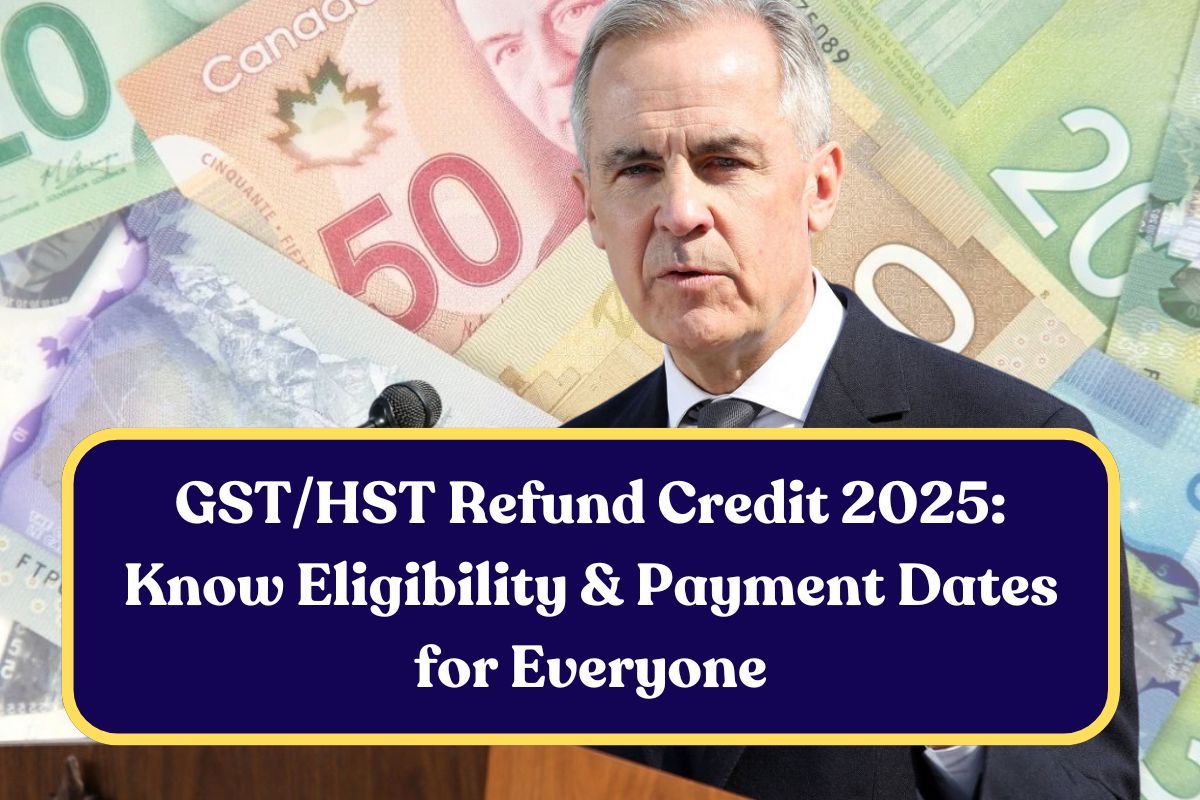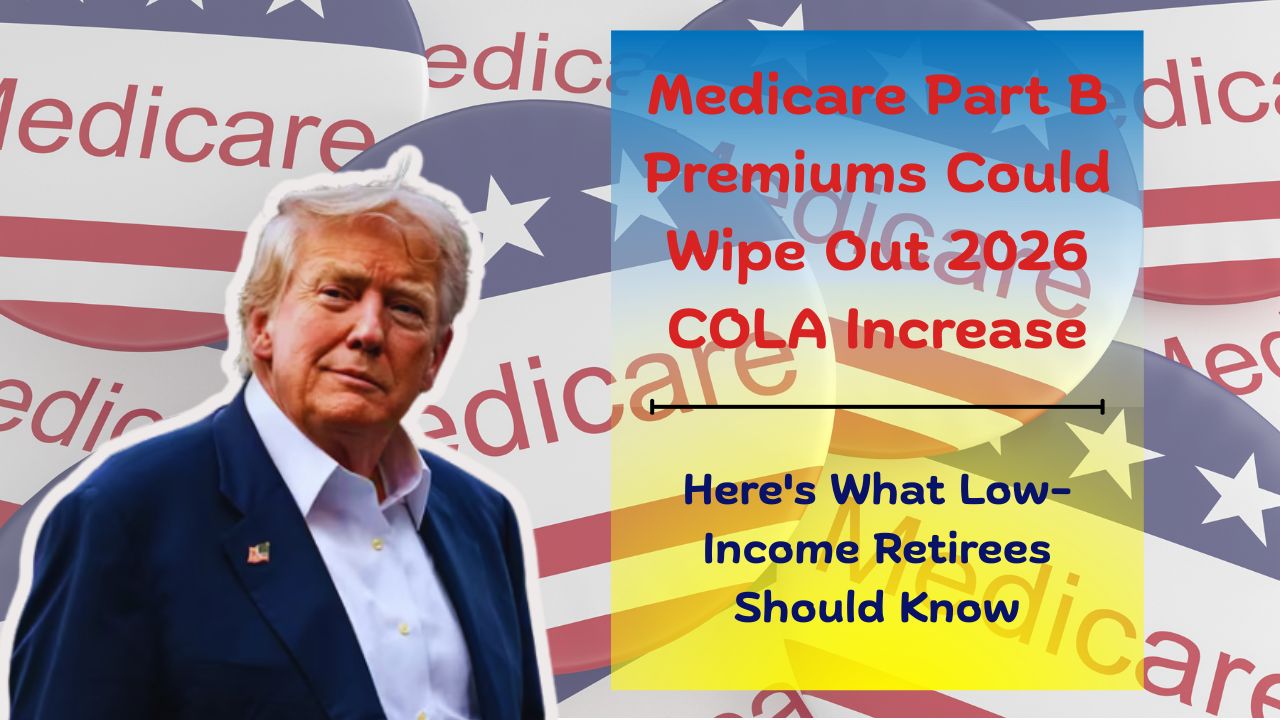Even though the payments of over 8 million federal student loan borrowers who signed up for a Biden-era repayment scheme are currently on hold because of a court dispute, interest will soon start to accrue on their debt once more. Interest on loans presently sign up in the Valid on a Valuable Education, or SAVE, repayment plan will start to accrue on Aug. 1, the Education Department said Wednesday.

Designed in 2023 under the Biden administration, the proposal immediately drew criticism from conservatives and currently has 7.7 million borrowers. Indeed, a lawsuit filed by seven Republican-led states has left the SAVE repayment plan’s future in legal uncertainty for months.
$3,500 in Extra Student Loan Interest?
Interest has not accumulated and borrowers enrolled in the plan have not been required to make payments while the litigation is pending. According to the Education Department, registered borrowers are still exempt from making payments, but interest will now resume. This implies that as they wait for the lawsuit to be resolved, their debt may increase. Additionally, after the forbearance period expires, borrowers will have to make monthly payments on the new, larger loan amounts. According to the student loan advocacy group Student Borrower Protection Center, this will result in interest payments for the average borrower of $3,500 annually, or $300 monthly. Under the SAVE initiative, some low-income borrowers were able to make loan payments of zero dollars a month.
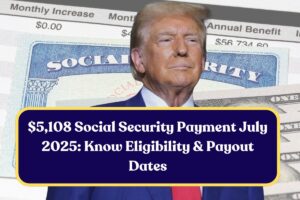
Even if the monthly payment didn’t grow, debts may be cancelled after 25 years of completion. The Trump administration, however, is approaching federal student loans very differently than his predecessor. The Biden strategy’s tenet of unconditional forgiveness is off the table. U.S. Education Secretary Linda McMahon stated, “The Biden Management attempted to unlawfully force taxpayers to foot the bill instead of the borrowers, even though Congress calculated these programs to confirm that borrowers repay their loans.” The Department of Education is urging SAVE borrowers to sign up for an alternative repayment plan. It claims to be starting to contact impacted borrowers.
Student Loans Could Rise This Week – Overview
| Title of the Article | $3,500 in Extra Student Loan Interest? New Rate Hike May Hit Millions This Week |
| Department | The US Department of Education |
| Country Name | USA |
| Beneficiaries | US College Students |
| Year | 2025 |
| Category | Finance |
| Official Website | studentaid.gov |
Debtors Directed to Alternative Repayment Plans
Starting on Tuesday, the Department will contact out directly to SAVE enrolees and advise them to choose new repayment arrangements that adhere to federal law. Borrowers who have already applied for Pay as You Earn (PAYE), ICR, or Income-Based Repayment (IBR) won’t have to do so again. While interest will not be retroactive, officials stressed that it will start to accrue on August 1.

For borrowers pursuing forgiveness programs, such as Public Service Loan Forgiveness, to begin qualifying payments, they must leave the SAVE Plan. Affected borrowers are being urged by the Department to evaluate monthly payment projections and choose the best repayment plan using its Loan Simulator tool.
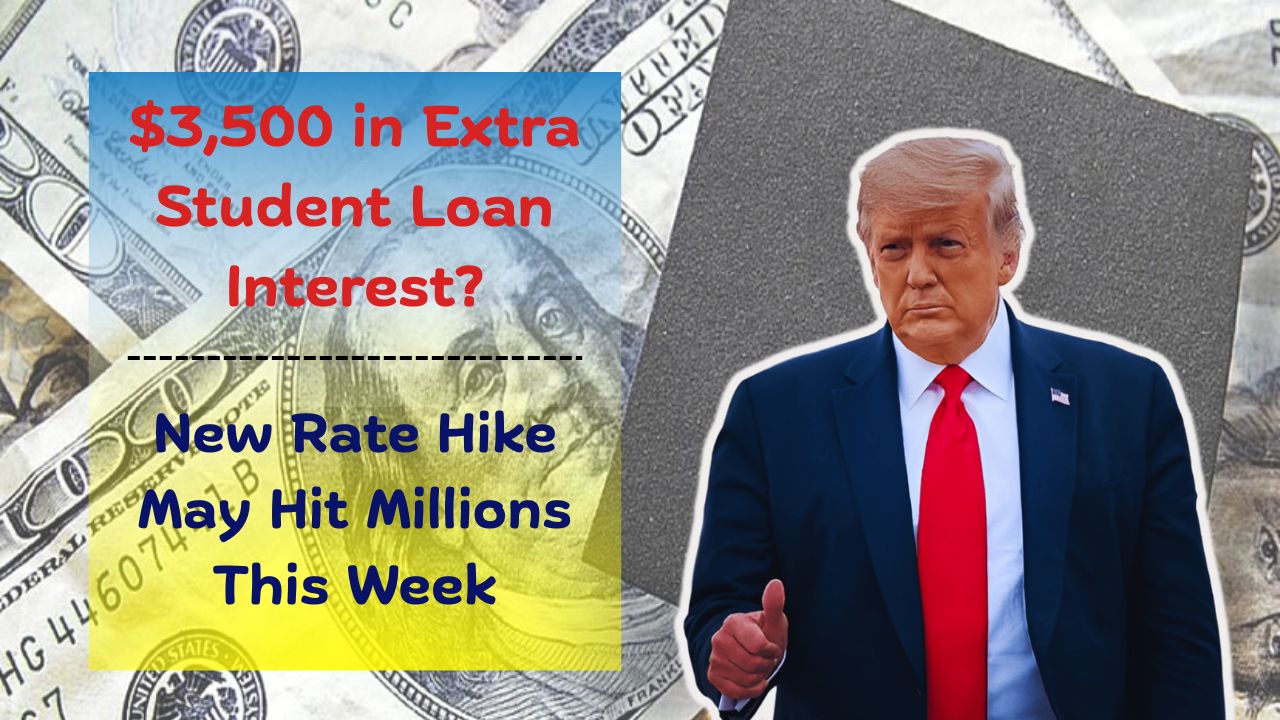
Student Loan Debtors in SAVE Plan will Need to Switch
Although borrowers in the SAVE plan forbearance are not yet required to make student loan payments, they will soon need to change programs because SAVE will not be coming back, even if interest begins to accrue once more. President Trump hired the reconciliation bill, recognized as the “Big, Beautiful Bill,” earlier this month after it was approved by Congress on a party-line vote. By July 1, 2028, the bill eliminates SAVE, the PAYE plan, and the ICR plan. Borrowers must choose an alternative repayment plan before that date.

Income-Based Repayment is the only existing IDR option that the bill preserves, so borrowers who wish to continue making payments based on their income have no other option. They must also choose the Repayment Assistance Plan, a new IDR program that the bill requires the Department of Education to develop. A subsidy intended to keep student loan balances from skyrocketing over time as a result of interest accrual is one of the main advantages of the SAVE plan that RAP keeps, but many borrowers will have larger monthly payments under RAP than they would have under SAVE.
Who will be Affected by this Week’s Increase in Student Loans?
Beginning August 1, 2025, the U.S. Department of Education will resume interest increase on federal student loans held by SAVE Plan participants. The action follows many federal courts’ rulings that parts of the Biden Administration’s SAVE program were illegal, with the Eighth Circuit Court of Appeals. Under SAVE measures intended to avoid negative amortization, the Department had previously put borrowers into a zero percent interest position.

But officials say they are no longer able to maintain interest rates at zero after a federal order in April completely stopped the program. The ruling affects around 7.7 million debtors. According to estimates from advocacy groups and the government, this change may result in an additional $3,500 or more in interest for many people annually.
Options for Student Loan Borrowers
Students who are worried about the return of interest accrual and have student loan debt in the SAVE plan forbearance have a limited number of options. As long as payments are not yet due, they can stay in the SAVE plan forbearance even as interest is accruing. In the event that they choose not to participate in income-driven repayment at all, however, their student loan balances will begin to rise once more, potentially raising their monthly payments once the forbearance period concludes. As an alternative to paying interest, borrowers might choose to make voluntary payments throughout the SAVE plan forbearance period.
However, both IDR and PSLF would not apply to voluntary payments made while their student loans are in forbearance. The Department of Education is also urging borrowers to switch to an alternative repayment plan. In a statement released earlier in July, Secretary of Education Linda McMahon stated, “The Department encourages all debtors in the SAVE Plan to promptly switch to a legally compliant repayment plan – such as the IBR Plan.” “Borrowers in SAVE are unable to advance toward loan discharge programs approved by Congress and access crucial loan benefits.”
| Official Website | Click Here |
| Homepage | Moyle-Council.org |
FAQs
Who will be affected by the student loan rise?
Eligible students and graduates will be affected by the student loan rise.
Why interest on student loan increase?
Interest will be added from when the first amount is paid to you and your university until the loan is paid off or cancelled.
Why barrowers gaining interest?
Interest starts accruing when you input repayment after six-month grace period after you leave school.
